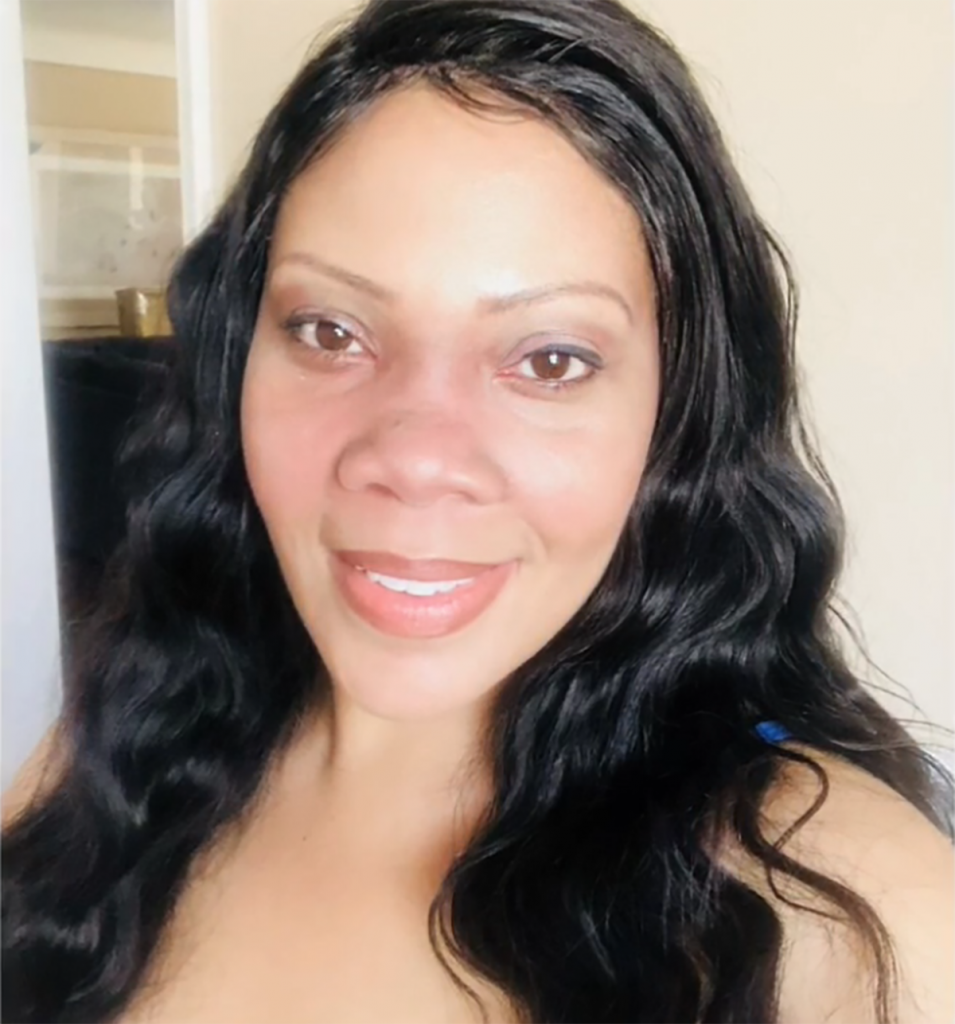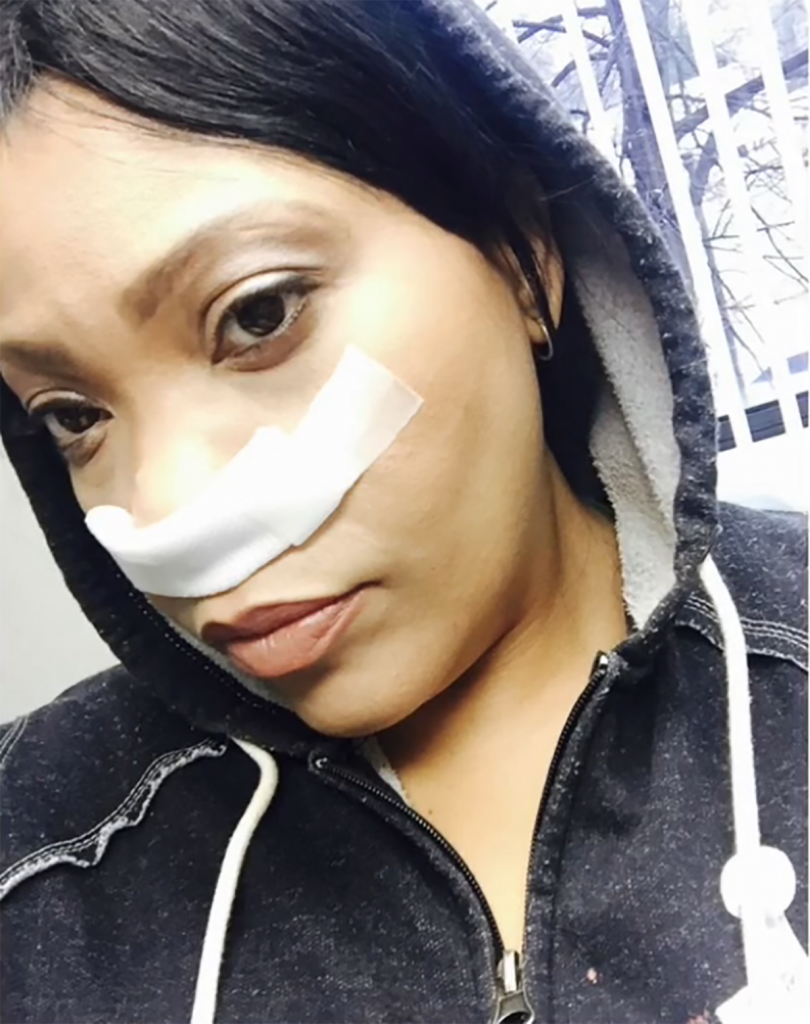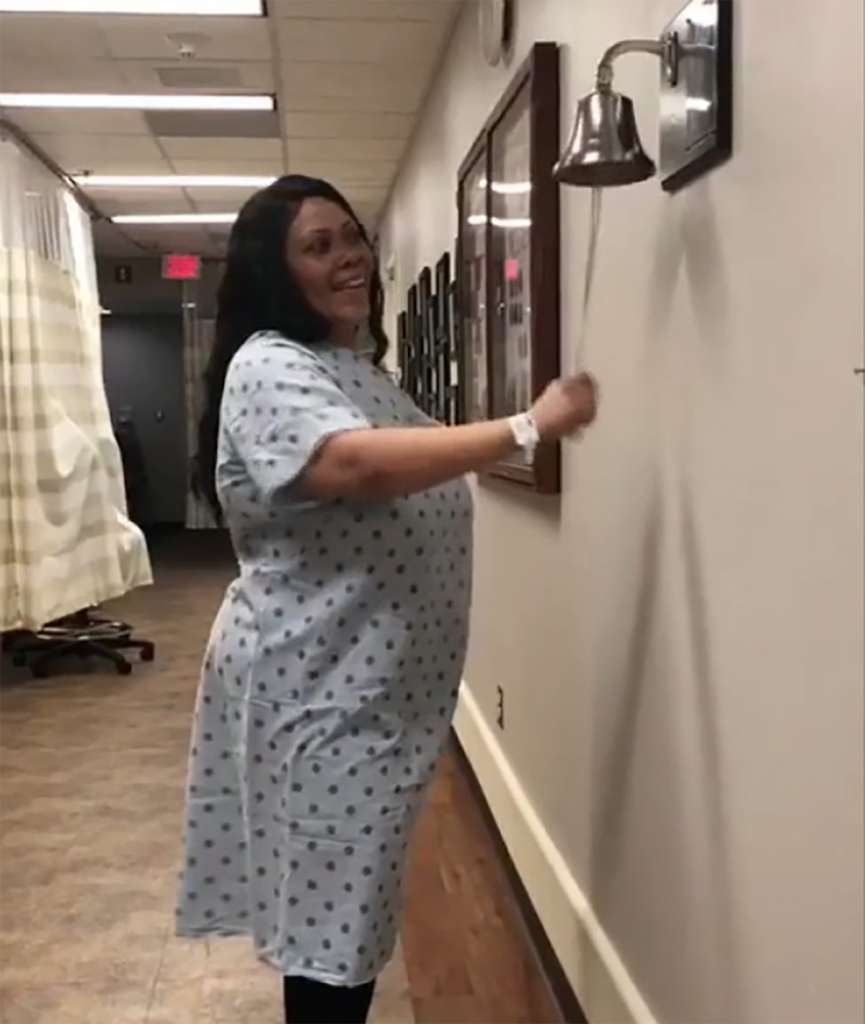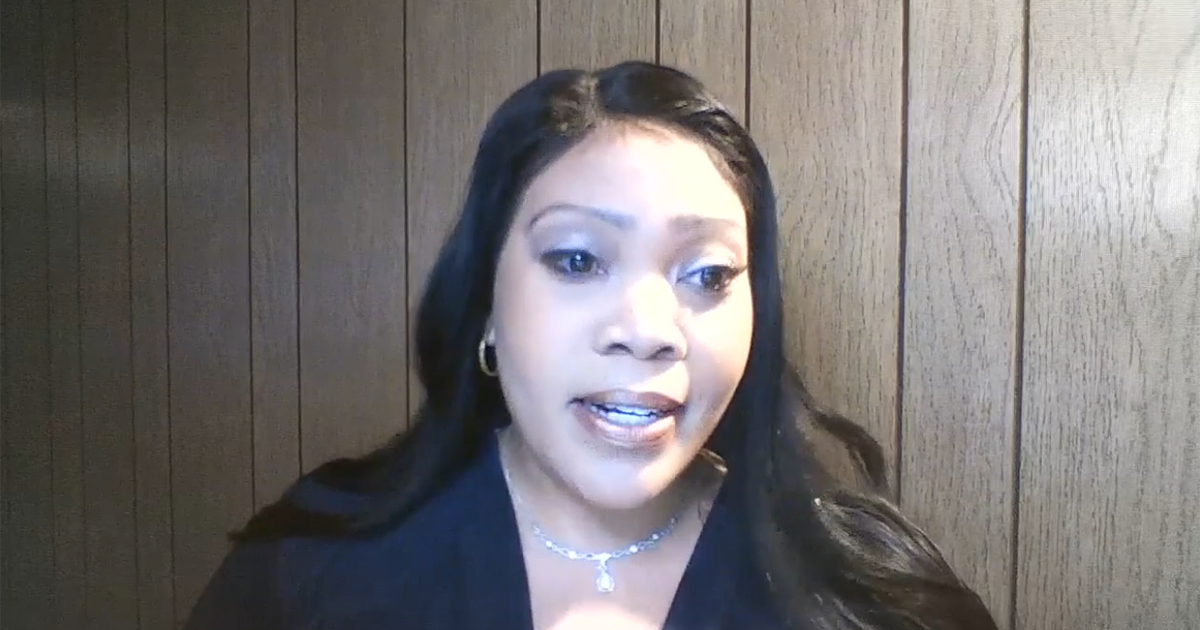Understanding Sinus Cancer
- An entrepreneur from Dearborn, Mich., was shocked to learn that the constant ringing in her ears was actually a symptom of sinus cancer.
- Valerie Page had a polyp an extra piece of tissue that grows inside the body removed, as it was blocking her nasal passage. A test would later reveal the polyp was cancerous. After surgery and radiation, she was deemed cancer-free.
- These cancers affect only about 2,000 people in the United States each year; tumors are more likely to begin in the nasal cavity than in the sinuses.
"I was upset, scared of course, you hear cancer (and) you think it is the end of the world," Valerie Page told FOX 2 News in Detroit.
Read More
Valerie's Recovery
Shortly after her diagnosis, Page had a polyp an extra piece of tissue that grows inside the body removed, as it was blocking her nasal passage. A test would later reveal the polyp was cancerous.

Luckily, the rare cancer was in its early stages. However, after she had the polyp removed, the cancer came back. This time, the sinus cancer was in the front of Page's skull. And this time, the surgery to get rid of the cancer was more invasive. She also had to have radiation treatments.
But now, five years later, Page is living her life cancer-free!

Raising Awareness
In order to raise awareness for sinus cancer, Page is starting a nonprofit called Unseen Warriors of Head and Neck Cancer, according to FOX 2.
She said she's also putting a portion of her profits from her cosmetic teeth whitening spa, Advanced Smile, toward providing resources to those battling sinus cancer.
"This is very important because if she makes people aware of these specific symptoms, then they can start thinking, 'It's been more than a month, I am going to stop going to urgent care and taking antibiotics, I am going to a specialist to diagnose this,'" Dr. Adam Folbe, a head and neck cancer surgeon at Karmanos Cancer Institute in Detroit, told FOX 2 of Page's efforts to raise awareness. (Dr. Folbe is also Page's doctor.)
"Maybe you can save someone's life because it can be a very aggressive cancer," Page said. "Thank God mine wasn't."
Understanding Sinus Cancer
Nasal cavity and sinus cancers are very rare.
According to the Memorial Sloan Kettering Cancer Center, these cancers affect only about 2,000 people in the United States each year; tumors are more likely to begin in the nasal cavity than in the sinuses.
Advocating for Yourself While Navigating the Medical World
We don't know exactly what type of sinus cancer Page had, but tumors tend to form in the maxillary sinuses when they do develop in the sinuses.
Tobacco use is a risk factor for nasal cavity and sinus cancer. And these rare cancers are more common in people who have had significant exposure to wood dust, nickel and chemicals used in leather processing.
It's uncommon for nasal cavity and sinus cancer tumors to cause symptoms at the earliest stages. Unfortunately, most people tend to notice symptoms only once the tumor has grown large enough to block the nasal cavity or the affected sinus like in Page's case or when it has spread to nearby tissue.
Since sinus cancer is hard to catch early, your doctor may discover the tumor during treatment for a sinus infection.
Common signs of nasal cavity cancer and sinus cancer include:
- Nasal congestion that doesn't go away
- Chronic sinus infections that don't respond to antibiotics (like Page)
- Frequent headaches
- Facial pain
- Nosebleeds
- Swelling around the eyes
- Decreased sense of smell
More advanced disease is associated with:
- Loose teeth
- Numbness around the cheek and upper lip
- Double vision
- Swelling in the mouth, jaw or neck
Contributing: Abby Seaberg
Learn more about SurvivorNet's rigorous medical review process.


